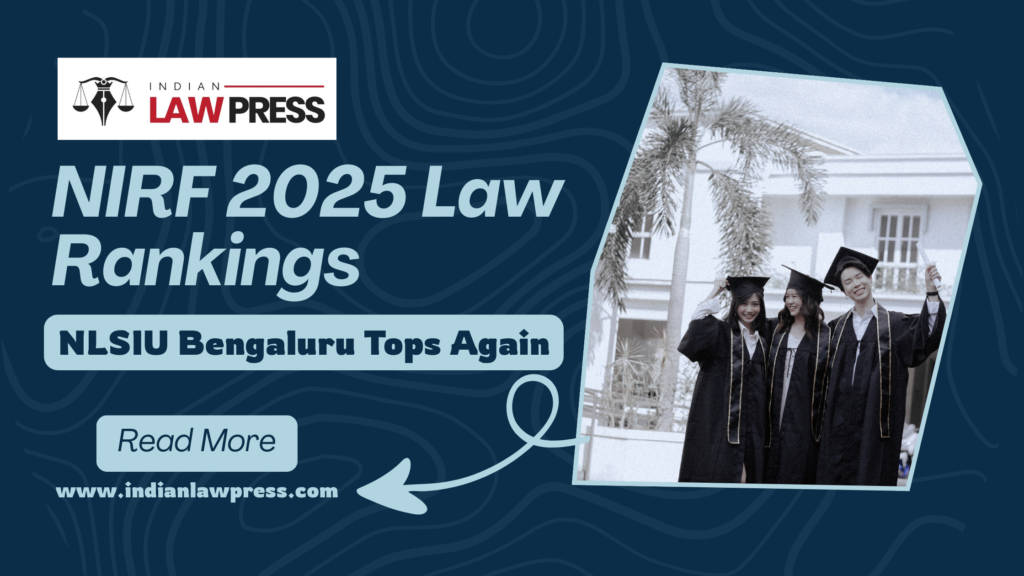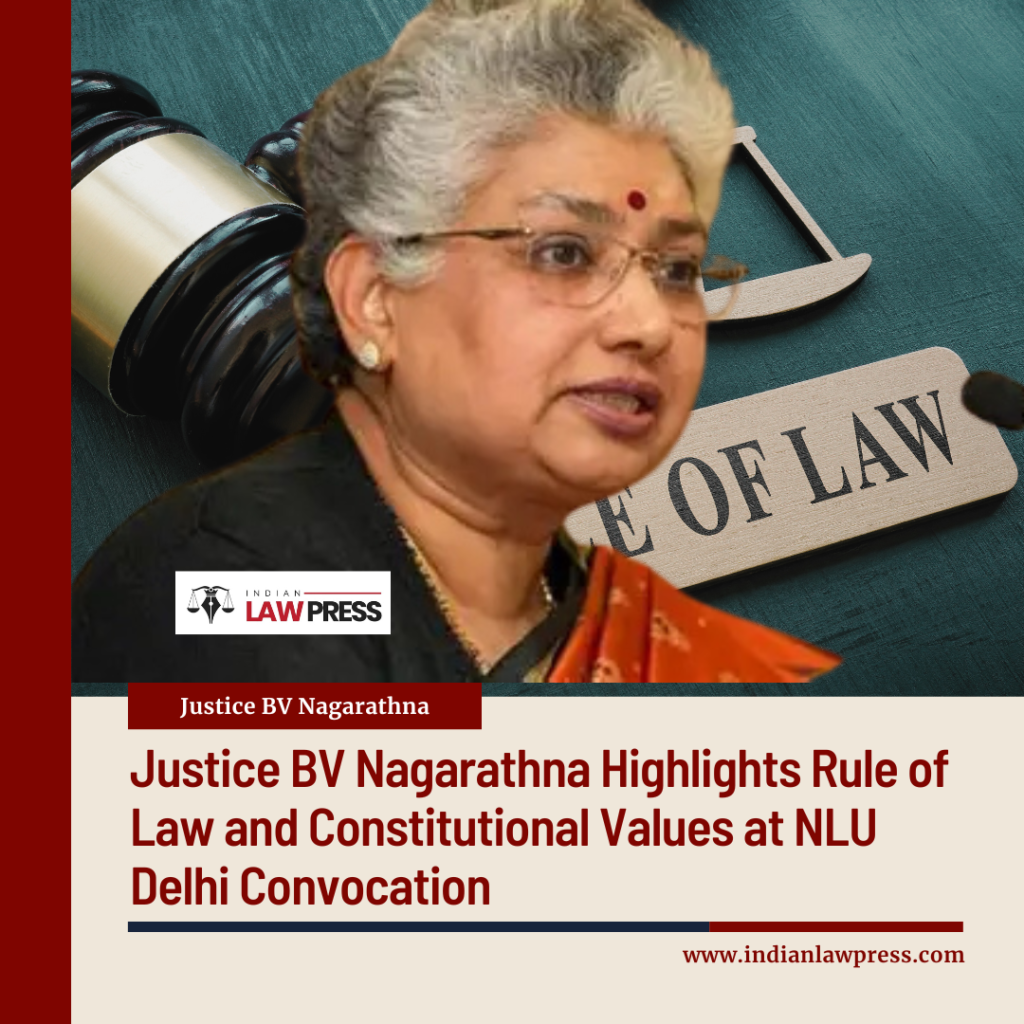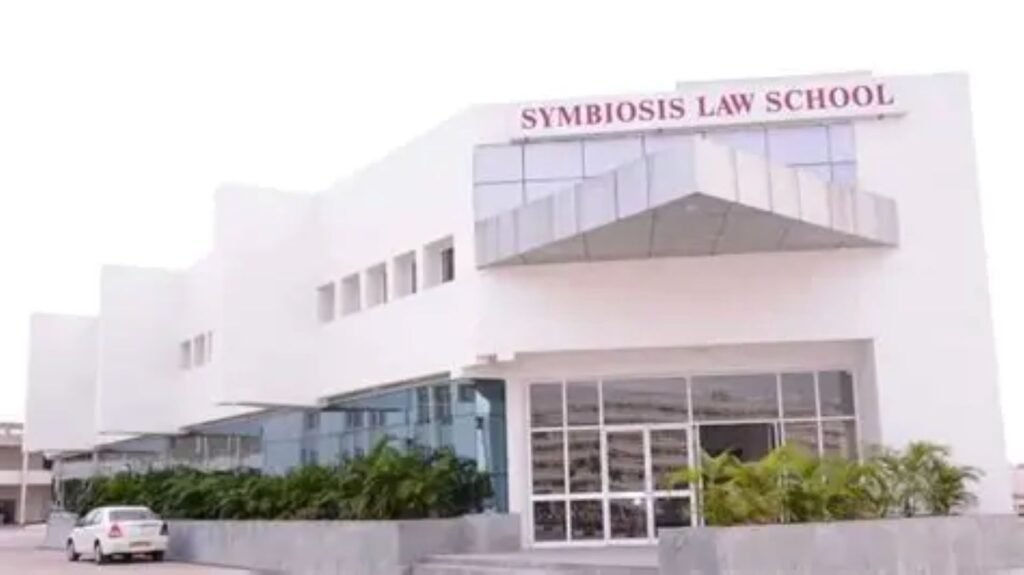CJI B.R. Gavai calls for legal education reform, urging law schools to focus on constitutional values, social justice, and accessibility. Here’s what it means for students and the future of law in India.
Chief Justice of India (CJI) B.R. Gavai has redefined what legal education in India should look like. Speaking at the inaugural Prof. (Dr.) N.R. Madhava Menon Memorial Lecture on “Legal and Justice Education @2024: An Agenda for 100 Years of Independence”, he said law schools must do more than just produce lawyers — they must create citizens committed to liberty, equality, and fraternity.
Legal Education Should Shape Responsible Citizens
CJI Gavai emphasised that legal education should focus not just on professional skills but also on building a sense of constitutional responsibility.
“Law is not merely a profession, but a vocation of public service, grounded in justice and human dignity,” he said.
This means future lawyers must:
✅ Respect constitutional values
✅ Develop professional skills & technological literacy
✅ Work to promote social justice
Breaking Barriers to Access Legal Education
CJI Gavai highlighted the justice gap faced by people in rural and remote areas where law schools and courts are physically out of reach.
He urged stakeholders to:
- Use technology to expand legal education
- Offer regional language learning
- Strengthen legal aid systems
- Support first-generation learners
“Access to law and justice must not remain a privilege for the few, but a lived reality for every citizen of this Republic.”
Moving Beyond “What Did the Court Hold?”
CJI Gavai encouraged law schools to teach students why courts give certain judgments — not just what they say.
This approach will:
- Build critical thinking skills
- Help students understand judicial philosophy
- Inspire them to challenge systemic exclusions in society
- Promote interdisciplinary learning with history, sociology, and economics
Need for Socially Committed Lawyers
While India’s top law schools have produced outstanding graduates, most are drawn to corporate careers. CJI Gavai said the nation also needs equally skilled lawyers to work on:
- Social justice issues
- Public interest litigation
- Bridging inequality
- Strengthening democracy
Remembering Dr. N.R. Madhava Menon
CJI Gavai paid tribute to Dr. N.R. Madhava Menon, the father of modern legal education in India. Dr. Menon pioneered the five-year integrated law programme and established premier law institutions like NLSIU Bangalore and NUJS Kolkata.
Key Takeaway for Law Students
CJI Gavai’s message is clear — legal education must be inclusive, ethical, and socially relevant. As India moves towards its 100th year of independence, law schools have the responsibility to produce guardians of justice who will make the Constitution’s promises a reality for every citizen.
Also Read: Delhi High Court to Hear Plea Against NHAI’s Use of CLAT-PG Scores for Legal Recruitment





